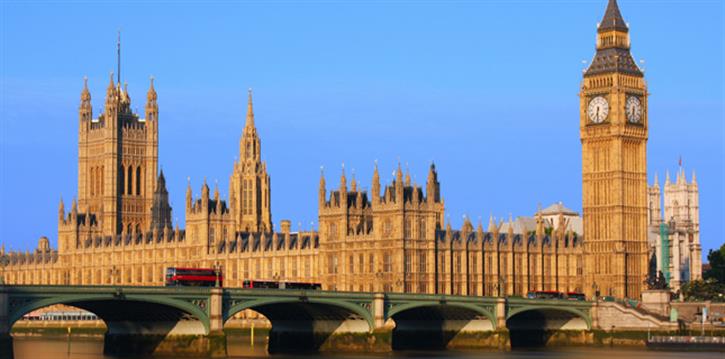

The Chancellor George Osborne has set out the government’s spending plans in the Spending Review, including a £700m cut to the Renewable Heat Incentive and almost £7bn in funding to build affordable homes in England.
Stating his belief that "going green should not cost the earth", the Chancellor announced a reform of the Renewable Heat Incentive scheme, which would see funding cut by £700 million.
He also announced that a cheaper domestic energy efficiency scheme will be introduced to replace the Energy Company Obligation in 2017, intended to save 24 million homeowners an average of £30 off their energy bills. He said the new scheme would help upgrade the energy efficiency of 200,000 homes per year, and that the scheme would run for five years and have a value of £640m per year.
Speaking to Parliament, Mr Osborne also outlined plans for "the biggest affordable housebuilding programme since the 1970s," which he said would address the crisis of home ownership and double the housing budget to £2bn per year.
The programme will include:
The housebuilding programme was one of the key spending policies announced among a series of cuts to welfare and government departments including the Treasury and the Department of Business, Innovation & Skills, which the government hopes will enable it to achieve a a £10bn budget surplus by 2019-20.
The government has also made Apprenticeships a key focus for this Parliament. Having already stated its intention to create 3 million new apprentices by 2020 through the creation of a new Apprenticeship Levy, Mr Osborne said spending on apprenticeships would double by 2020 compared to when the government first came to office.
Mr Osborne has now set the rate of the Levy at 0.5% of an employer’s wage bill, which will raise £3bn in funds. However, this will be offset against an allowance of £15,000 per business, meaning that in practice, only companies with a payroll of over £3m per year will be required to pay.
While the budget for the NHS and Defence are ringfenced and will, the Chancellor said, see an increase in spending, other departments have been asked to find a total £20bn in savings over the coming years.
Some of the other key announcements in the Spending Review include:
If you'd like to keep up-to-date with the latest developments in the heating and plumbing industry, why not subscribe to our weekly newsletters? Just click the button below and you can ensure all the latest industry news and new product information lands in your inbox every week.